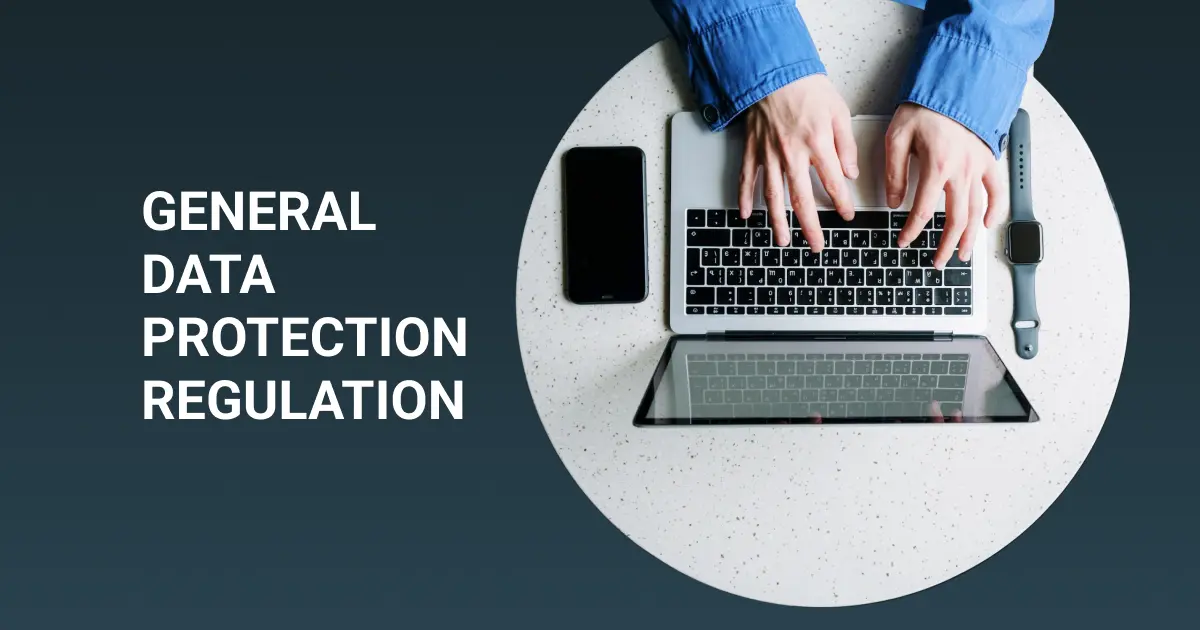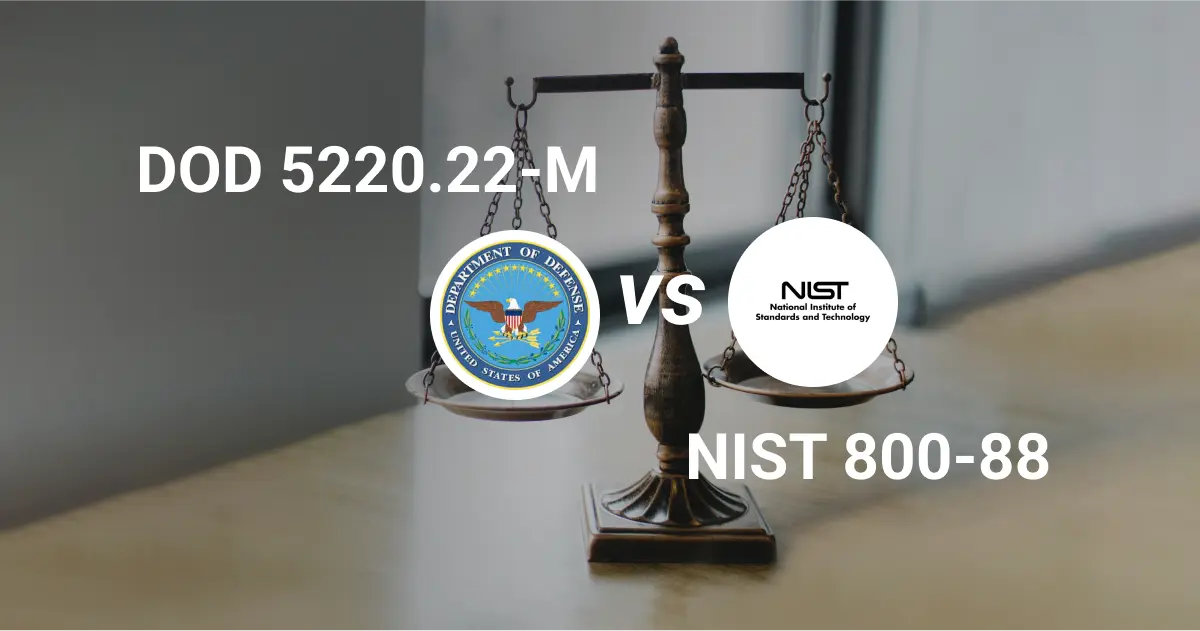Nowadays, when all our information is kept on digital media, data protection is an essential part of government security regulations. The main legislation in this field is the General Data Protection Regulation, which imposes strict rules on the processing and handling personal data. Today, we are going to explain the meaning and core principles of GDPR and explore how — and why — to become compliant with these regulations.
What is the General Data Protection Regulation?
To control the use of personal data, European countries adopted the General Data Protection Regulation (GDPR). It is a data protection law comprising 99 individual articles and is considered the strictest security guideline in the world.
Since it was implemented in 2018, GDPR represents the current approach towards personal data regulations. The law applies to every company that works with EU citizens' information, no matter where the company is located or processes data collection.
What are the Data Protection Principles of GDPR?
The regulation is based on seven core principles that represent the norms of personal data management:
- Lawfulness, fairness, and transparency in the data collection process.
- Limitation of purposes for which the data will be used.
- Minimization of the amount of data collected.
- Accuracy and relevance of all the data collected.
- Limitation of data storage and erasure of all personal information after it's not needed.
- Integrity and confidentiality of the process.
- Accountability and ability to demonstrate GDPR compliance.
What does the General Data Protection Regulation control?
The broad term "data protection" relates to any information that can be used to identify the person (or data subject) it refers to. The prominent examples are name, address, biometric data, and document numbers. Apart from that, personal data includes information about visited websites, search history, IP addresses, etc.
The data privacy law regulates how websites interact with users and their personal information and assures a required level of security. That includes several points:
- Websites must notify visitors of what information is collected.
- Before collecting it, websites need to get consent from the data subject in any action-based form, for example, by clicking the button.
- In case of a personal data breach, websites have to inform users of that.
- A third-party data controller evaluates the level of a website's data security.
- Each organization operating with personal data should have an employee or a team responsible for the process.

Why should the company become GDPR compliant?
If you work in the European market, your company must have GDPR compliance according to the law. For violation of these rules, the organization will face fines that can be huge depending on the severity of the offense — up to 4% of the global revenue or €20 million.
However, obtaining GDPR compliance is also a good idea for organizations that work in other parts of the world. Implementing such strict regulations shows the customers your commitment to responsible data protection and builds trust in your product.
How to get GDPR compliance?
On the official website of the General Data Protection Regulation, you can find the checklist that will help you evaluate how compliant your organization is with these requirements. There are four main of them.
Lawful basis and transparency
The information about collected data, the purposes that it is used for, and who has access to it should be explicit to the data subject and explained in clear and plain language. Moreover, the organization has to notify what will happen to the data after it is not needed: how and when it will be erased, and who is responsible for this process.
Data security
The collected sensitive personal data protection must be prioritized at each step of its usage, including proper elimination afterward. Technical security can be provided by the use of encryption or pseudonymization.
When the data is no longer needed, the company must provide unrecoverable elimination of all information. To do it effectively, use software, for example, NSYS Data Erasure. This advanced solution can perform safe data destruction from Android and iOS (iPhone and iPad) devices. It has GDPR compliance and NIST SP 800-88 attribution.
In case of personal data breaches, the company should notify all data subjects about it.
Accountability and governance
In the organization, there should be a person or a team that is responsible for data protection issues. It might be a good idea for small and medium businesses to put someone familiar with the company workflow in charge of this process. But some companies are required to hire a Data Protection Officer (DPO), that happens if the company meets at least one of these criteria:
- The collection and processing of personal data is done by public authorities (although there are exceptions to this rule).
- The collection and processing of personal data are the company's main activities, and they are done on a large scale.
- The company collects and processes data of specific categories defined by the GDPR.
Besides having data controllers inside the company responsible for the process, third-party organizations should be involved in data management to guarantee information security.
Privacy rights
Users have eight central rights in terms of their data security. These are the following:
- The right to be informed about what information is collected, for what purpose, how long it will be collected, and how it will be erased afterward.
- The right to correct, update, and change information that is not accurate or incomplete.
- The right to rectification of any personal information.
- The right to delete any personal information.
- The right to restrict or stop altogether the processing of personal data.
- The right to get their personal information in a convenient format.
- The right to object to the processing of personal data.
- The right to get help during decision-making, including human introversion during automated processes.
Although setting the process right is crucial, you need to remember that handling personal information is an ongoing activity. You need to conduct audits regularly to stay compliant with this high standard.

Conclusion
General Data Protection Regulation (GDPR) is a strict set of data protection rules aimed at protecting personal data and managing its responsible usage. These data privacy laws apply to companies that work with European Union citizens' information. However, organizations worldwide can obtain GDPR compliance to contribute to reliable data processing and enhance customer trust.
The crucial part of handling personal data is its elimination after the information is no longer needed. Try the GDPR-compliant solution NSYS Data Erasure to be 100% sure that no confidential data is left on the devices. Click the button below to arrange a demo!








